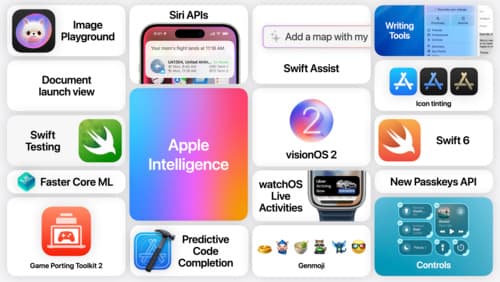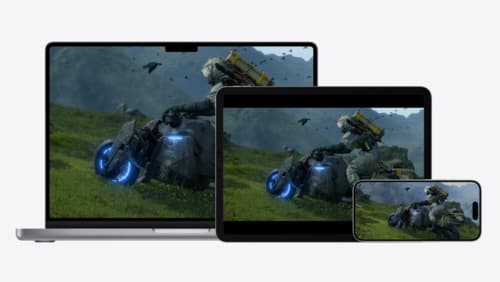How xcode versions are managed ?
Asked on 2024-08-02
1 search
Xcode versions can be managed in several ways, particularly when using Xcode Cloud. Here are some key points on how Xcode versions are managed:
-
Custom Aliases: Xcode Cloud allows you to create custom aliases for different versions of Xcode and macOS. This feature ensures that workflows can be configured to run using specific versions. When you update an alias, all workflows using that alias will automatically run with the updated version. This is particularly useful for maintaining consistency across different workflows.
- You can create and manage custom aliases from the version selector dropdown menus or from the integrations menu item.
- For example, you can create an alias named "team preference" and set it to a specific version like Xcode 15.3. When this alias is updated, all workflows using it will adopt the new version.
-
Environment Tab: In the workflow settings, you can specify the versions of Xcode and macOS to be used. This ensures that your workflows always run using the specified versions, which can be critical for maintaining compatibility and stability across different builds.
-
Distributing Builds: When you're ready to distribute your app, Xcode allows you to archive your build and then distribute it through various channels like TestFlight or App Store Connect. This process ensures that the build is packaged with the correct version of Xcode, maintaining consistency and reliability.
For more detailed information, you can refer to the session Extend your Xcode Cloud workflows which covers how to configure workflows to run using different versions of Xcode and macOS, and how to create and manage custom aliases.
Relevant Sessions

Platforms State of the Union
Discover the newest advancements on Apple platforms.

Platforms State of the Union 5-Minute Recap
Watch a quick recap of the newest advancements on Apple platforms.

Port advanced games to Apple platforms
Discover how simple it can be to reach players on Apple platforms worldwide. We’ll show you how to evaluate your Windows executable on Apple silicon, start your game port with code samples, convert your shader code to Metal, and bring your game to Mac, iPhone, and iPad. Explore enhanced Metal tools that understand HLSL shaders to validate, debug, and profile your ported shaders on Metal.
